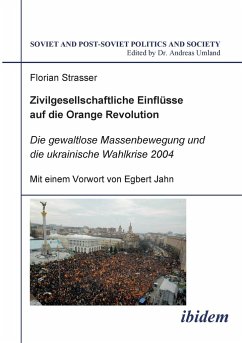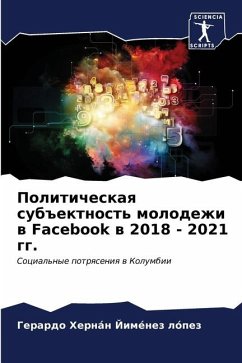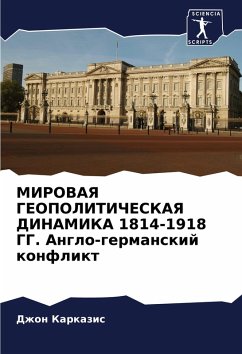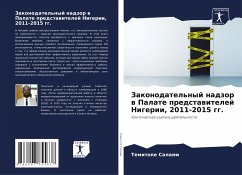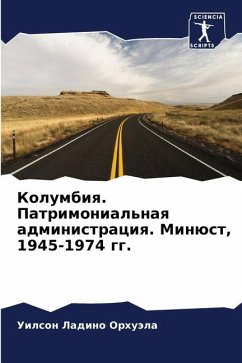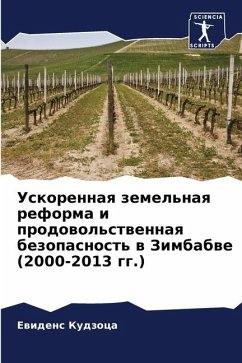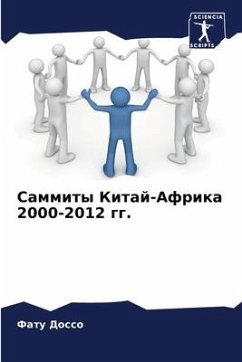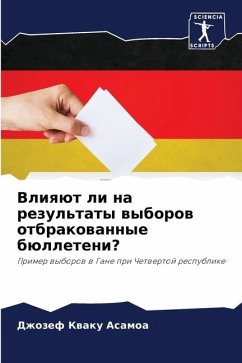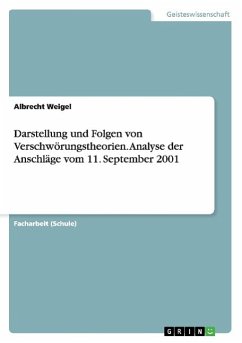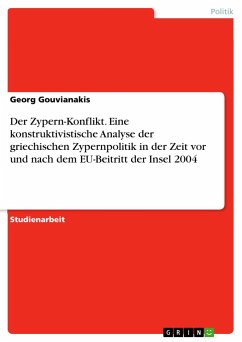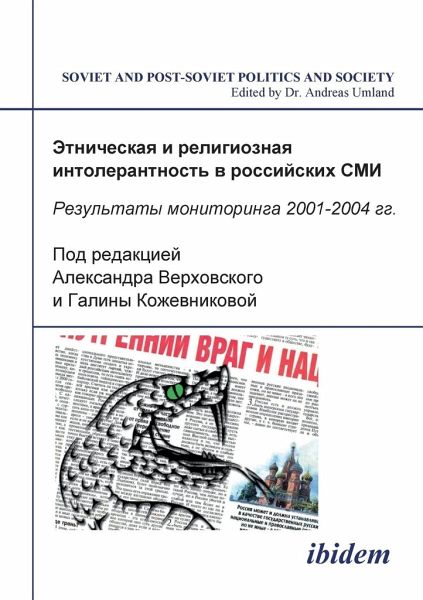
Etnicheskaia i religioznaia intolerantnost' v rossiiskikh SMI. Rezul'taty monitoringa 2001-2004 gg.
Versandkostenfrei!
Versandfertig in 6-10 Tagen
29,90 €
inkl. MwSt.

PAYBACK Punkte
0 °P sammeln!
This book represents a collection of the results of four empirical studies of ethnic and religious hate speech in Russia in 2001-2004. Several Russian non-governmental organizations took part in the project. The major part of the research was done by Alexander Verkhovsky and Galina Kozhevnikova (Sova Center). Further contributions were made by Tatyana Lokshina and Sergey Lukashevsky (formerly, Moscow Helsinki Group; now Demos Center) and Ksenya Izotova and Valeriya Akhmetyeva (Sova Center).The contributions analyze and compare with each other dynamics of the development of hate speech accordin...
This book represents a collection of the results of four empirical studies of ethnic and religious hate speech in Russia in 2001-2004. Several Russian non-governmental organizations took part in the project. The major part of the research was done by Alexander Verkhovsky and Galina Kozhevnikova (Sova Center). Further contributions were made by Tatyana Lokshina and Sergey Lukashevsky (formerly, Moscow Helsinki Group; now Demos Center) and Ksenya Izotova and Valeriya Akhmetyeva (Sova Center).The contributions analyze and compare with each other dynamics of the development of hate speech according to such parameters as groups that are the objects of intolerance, permutations of hate speech, types of people who voice intolerant views, etc. These phenomena were studied in politically relatively calm periods as well as in times of raising intolerance after the terrorist acts in Moscow 2002 and Beslan in 2004. Special research was devoted to hate speech during the federal electoral campaigns of late 2003 and early 2004. This allows the authors to make some conclusions about the dependence of hate speech on events such as the above.(in Russian language)



